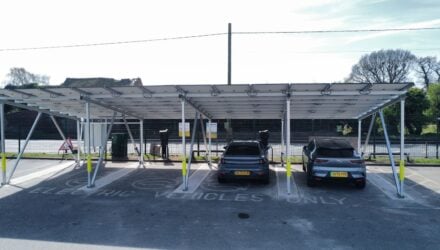
Over the past few years, government has worked with industry to develop ways of reducing emissions from commercial vehicles, one of which is to increase the weight cap on licences for people driving alternatively fuelled vehicles (AFVs).
Following discussions with the Department for Transport and our members, SMMT believes that the proposed change to allow Category B licence holders to drive vehicles up to 4.25 tonnes, providing that they are AFVs, is both practical and desirable.
We believe this proposal will assist government and industry in reducing carbon emissions, as outlined in the Freight Carbon Review. But the question is, to what extent would any licence derogation encourage users to acquire these vehicles? Would it stimulate the OEMs to expand their product range and encourage the development of a conversion market?
In addition, going over the 3.5-tonne threshold may require compliance with operator licensing, tachographs, speed limiters and driver CPCs. For larger operators these are unlikely to be seen as issues, but it could limit the potential market.
Nonetheless, we believe that despite these challenges, the payload benefit will more than offset the compliance costs, provide an incentive to change and make a robust business case.


















